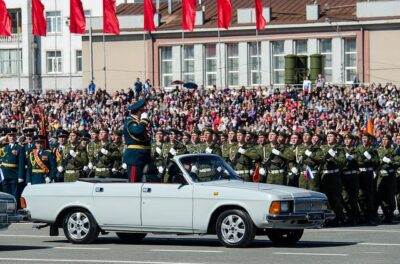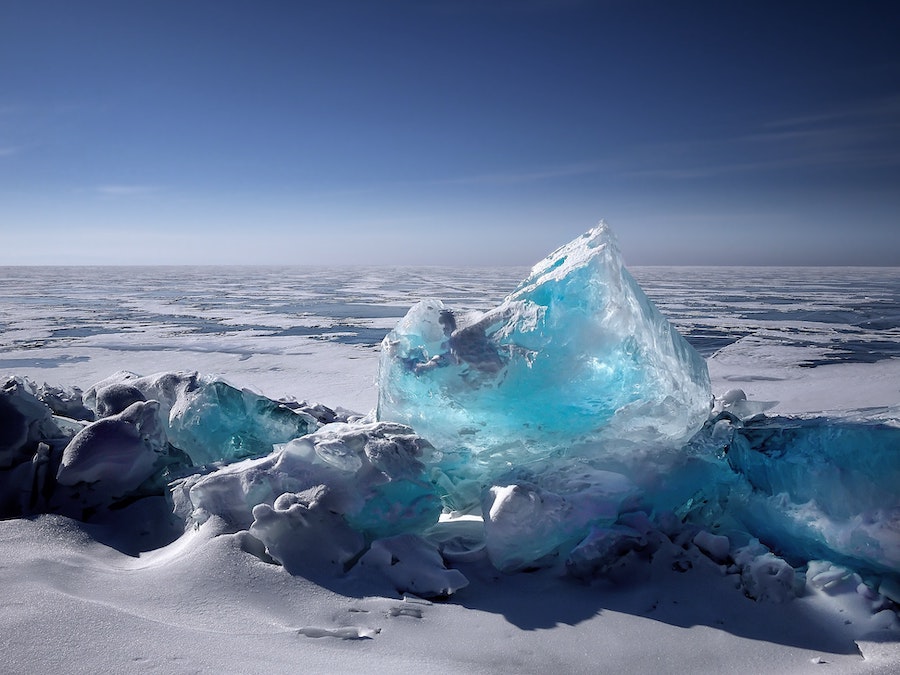 Western Europeans have long harboured a kind of suspicion and sometimes disgust for everything east of Berlin. The endless steppes and the land of the mad horse people, uncivilised, inhospitable, debauched and remote.
Western Europeans have long harboured a kind of suspicion and sometimes disgust for everything east of Berlin. The endless steppes and the land of the mad horse people, uncivilised, inhospitable, debauched and remote.
For various reasons we have repeatedly attacked and tried to tame the savage peoples over there. The Napoleonic Wars, the Crimean War and the Second World War have all brought Western boots on the ground, and it have not always ended well from our point of view.
In addition, we should not forget that there have also been friendships between France and Russia, for example, and also from the Austrian side. Russophobia is not constant, it has shifted and changed over time. The old royal houses were often related to each other, and there was mutual respect.
We also reluctantly note that Russians are not completely backward; the first satellite was launched by Russians, as was the first man in space. Russians are good at space technology, nuclear power, military technology and heavy industry. Sometimes we have to admit these things, but we tend to forget and minimise them.
Today’s hatred of Russia is a bit special, as the people from Moscow are called evil orcs while the people from Kiev are noble elves. And that’s ridiculous, because all of them should be seen as untrustworthy Russians, at least for those of us who lived through the Cold War. The distinction between Ukraine, Belarus and Russia from a cultural perspective can be considered rather vague, and a modern invention, even though they are separate independent countries. They are all Russian bastards.
From a Russia-hating perspective, it’s a bit retarded to cheer for the blue-yellow Russian but hate the red-white-blue one. Everything east of Berlin is barbarism, trying to sort out the barbarism can be interesting from an anthropological perspective, but not from a Russia-hating perspective. Calling those who prefer Moscow for vatniks, Putin lovers, Russian trolls, etc. is a bit nonsensical. As I said, they are all Russian bastards. And even the one who likes Kiev or Minsk is a friend of the Russians and a potential traitor.
When the civil war is over, and Moscow has pacified Kiev, a few years will pass, the two Russian peoples will finally fraternise over the vodka bottle, and then the Western powers that tricked them into fighting each other (true or not) will emerge as the real enemy. And the Russian Empire will be even bigger, with friends like China, India, Iran, Saudi Arabia and Brazil. Whoever (possibly) tricked the two Russias into enmity in 2014 should have thought it over a few more times.







